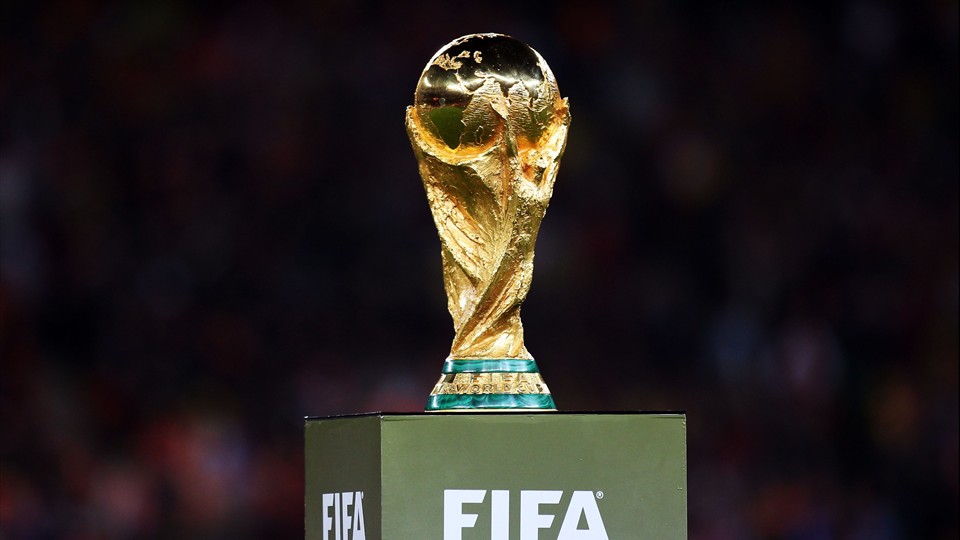
Among those who seemed convinced by that argument was Argentine football legend Diego Maradona, who on Monday said a 48-team format “will give more possibilities to countries that have never reached that level of competition”.
Africa and Asia could be the big winners in a larger format with a rise in their number of places, currently at 5 and 4.5 respectively.
But in order to smooth over scepticism about World Cup reform within UEFA, it is likely that Europe will also see its allotments rise above the current 13 places.
A source close to FIFA told AFP that under the new format Europe could get 16 places, with Africa earning nine.
But the information remained unconfirmed and world football’s governing body was not expected to immediately announce its final decision on allotments.
The powerful council officially weighed five proposals during Tuesday’s meeting at FIFA’s snow-covered Zurich headquarters, including maintaining the status quo of 32-teams.
The landmark decision to expand the tournament is the latest overhaul of the World Cup, which has seen its global popularity and financial might surge since the inaugural edition in 1930.
That contest, won by Uruguay, had just 13 countries.
The World Cup expanded to 24 teams in 1982 in Spain before moving to its current 32-team version at France 1998.






